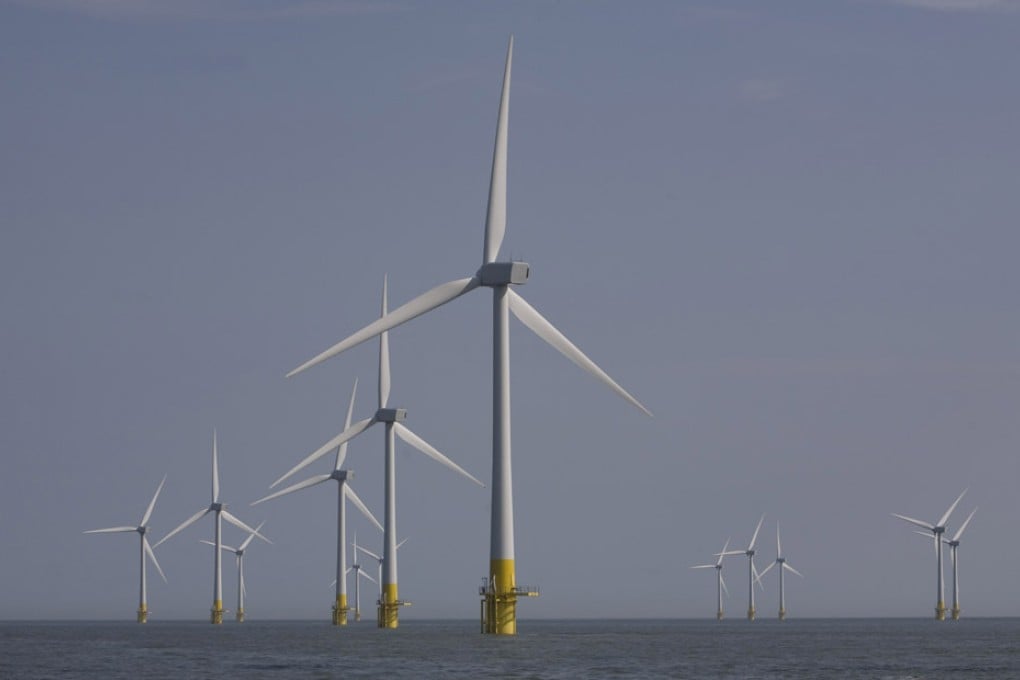We need offshore wind farms
While the Environment Bureau has yet to launch a public consultation on the future fuel mix for power generation in Hong Kong in the next decade, there is already a heated discussion between some academics and local environmentalists on whether the government should approve the two power companies' bid to build offshore wind farms in territorial waters.

While the Environment Bureau has yet to launch a public consultation on the future fuel mix for power generation in Hong Kong in the next decade, there is already a heated discussion between some academics and local environmentalists on whether the government should approve the two power companies' bid to build offshore wind farms in territorial waters.
The point of discussion is now focused on the worthiness of the two power companies making such heavy investments, said to be close to HK$10 billion.
According to one academic, such capital-intensive projects would result in a tariff of HK$3 per kilowatt-hour, or even HK$4 if inflation is taken into account. This is probably the highest in the world, and compares with an average of €0.15 to €0.20/kWh (HK$1.60 to HK$2.10/kWh) in Europe and 0.7 to 0.8 yuan/kWh on the mainland for offshore wind energy.
However, careful scrutiny of this data does not show it is prohibitive. Even if the quoted tariff figure is accurate, and I doubt this, it is only the first-year tariff upon commissioning of the facility.
When the plant depreciates over an operating life of 20 years, the net return of 11 per cent based on the Scheme of Control will become half after 10 years and zero after 20 years, and the tariff will drop significantly as a result. For fair comparison with our counterparts in Europe and the mainland, should we not use an average tariff figure, say at the 10th operating year of the plant ?
Some people also point to the small output of the planned offshore wind farms, which constitutes only 1 to 2 per cent of the total power generation in Hong Kong, and suggest that by implementing energy saving measures consumers can easily save 1 to 2 per cent of electricity consumption. But saving energy should always be done, irrespective of whether the wind farm projects go ahead. So this is irrelevant in the discussion, since we can have both energy-saving measures and renewable-energy projects.
